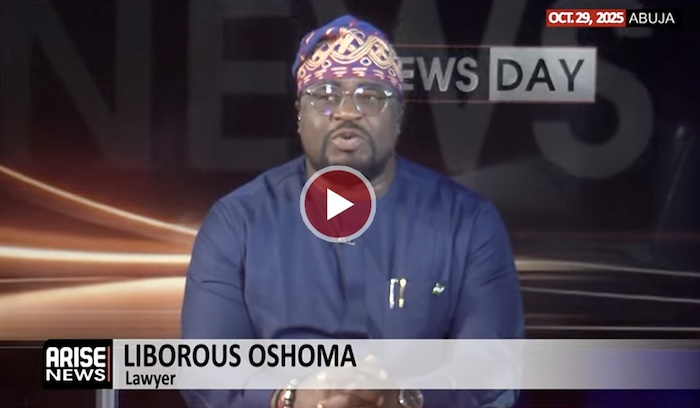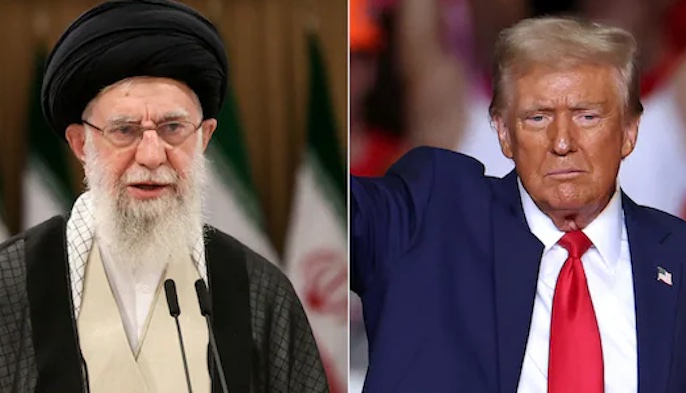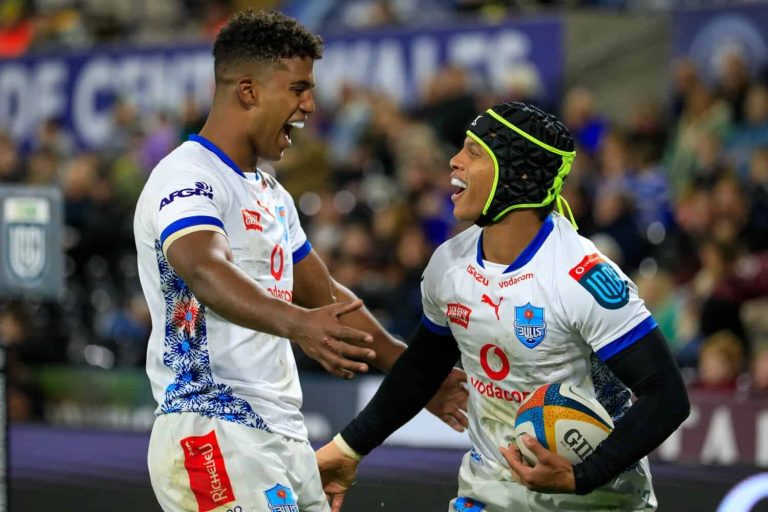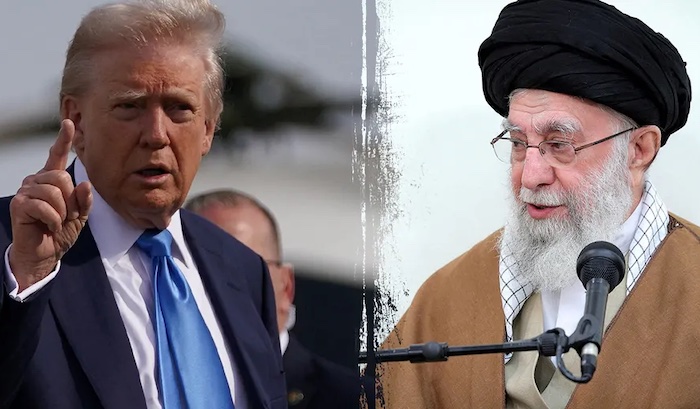

Legal practitioner Liborous Oshoma has said that the Independent National Electoral Commission (INEC) can only achieve its vow to end courtroom battles over elections if it takes decisive action against electoral offenders and enforces transparency within the system.
Speaking on ARISE News on Wednesday, Oshoma described the INEC Chairman’s recent promise to make elections credible and less litigious as “a good intention that must go beyond rhetoric.”
“Everybody would love to see a Nigeria where elections are decided not by the courts but by the electorate,” he said. “We all want to see the day INEC will announce results, and everybody will shake hands and go home. But it is beyond rhetoric. We’ve heard similar promises before from past chairmen.”
Oshoma recalled that former INEC Chairman Maurice Iwu once vowed to conduct a credible election, which later turned out to be one of the most controversial polls in Nigeria’s history.
“The new INEC Chairman has started well by appointing a credible spokesperson, Dayo Oketola, but beyond that, he needs to sit down and study what led to the failures of his predecessors,” he said. “People don’t remember the good things INEC does — they remember the failures.”
The lawyer highlighted several structural problems undermining the credibility of Nigeria’s elections, including poor manpower, logistical challenges, and institutional weaknesses at different levels of INEC.
“On election day, INEC doesn’t have enough ad hoc staff to carry out the process,” Oshoma noted. “We often say this is a country where thugs write election results for professors to go and announce. That’s the tragedy of our system.”
He also blamed political parties for most pre-election litigations, noting that many disputes begin from flawed or manipulated party primaries.
“INEC doesn’t conduct primaries, yet we see more pre-election cases than post-election ones,” he said. “This shows that the problem also lies with politicians and the lack of internal democracy in the parties.”
According to Oshoma, achieving credible elections will require INEC to prosecute electoral offenders with the same commitment it uses to defend election petitions in court.
“Remember Professor Attahiru Jega once had a commissioner, Mike Igini, who actually prosecuted electoral offenders and sent them to jail,” he said. “Is the current chairman ready to do that? INEC should set aside funds to prosecute those who manipulate elections, not just to defend petitions. There must be consequences for actions and inactions.”
He stressed that deterrence is key to ending manipulation and restoring public confidence.
“Once people know there are consequences, they will think twice before rigging elections,” Oshoma said. “That’s when we can begin to talk about the people deciding election outcomes, not the courts.”
On the issue of frivolous election petitions, Oshoma said it was primarily the responsibility of the Bar Association and the Legal Practitioners Disciplinary Committee to sanction erring lawyers, including senior members of the profession.
“In other climes, the bar comes down heavily on lawyers who file frivolous cases,” he said. “Here, nothing happens. Even when judges report lawyers for misconduct, there are no consequences. Some who didn’t even contest elections still file petitions and walk away freely.”
He lamented that while the Electoral Act attempted to limit abuse of the judicial process by setting timelines and procedures, courts remain overwhelmed with petitions due to the absence of effective professional discipline.
“When a case is declared frivolous, the disciplinary committee should invite such lawyers for questioning,” Oshoma said. “In other countries, lawyers have gone to jail for trying to mislead the court. But here, that doesn’t happen.”
Turning to the role of political parties, Oshoma said the culture of imposition and lack of internal democracy continues to fuel pre- and post-election crises.
“Despite the Electoral Act forbidding substitution and imposition, we still see party leaders impose candidates,” he said. “Those who feel cheated go to court, and the cycle continues. Until parties conduct transparent primaries, elections will always end in litigation.”
He also dismissed claims that politicians defect to the ruling party because of better governance.
“It’s not because the economy is good,” he said. “It’s because politicians want to secure their positions electorally. That’s why we see governors and lawmakers crossing over. INEC must prove it is independent and not swayed by political forces.”
Oshoma concluded that for INEC’s reforms to succeed, the commission must combine credibility with courage — prosecuting offenders, ensuring transparency, and holding all political actors accountable.
“If INEC dedicates the same energy it uses to defend cases to prosecuting electoral offenders, we will see real change,” he said. “When people know they can’t get away with impunity, the courts will no longer decide elections — the people will.”
Boluwatife Enome



